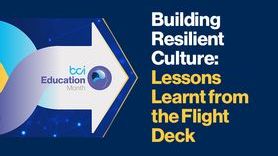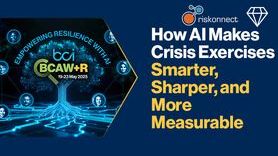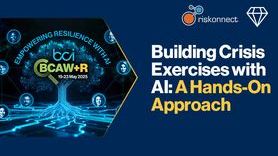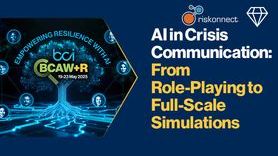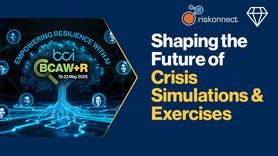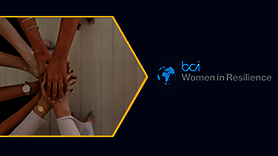How to look after your mental health following crises
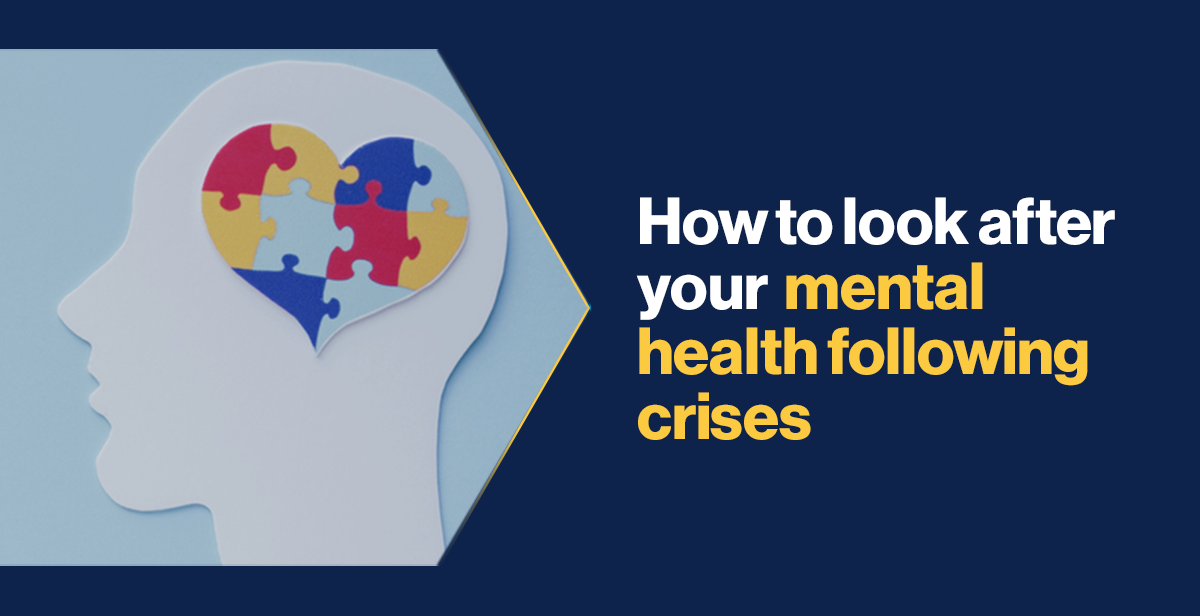
Like many of us, I have responded to a significant number of adverse situations throughout my career. For 99% of them I have not had an issue; I tend to switch into ‘response mode’ and focus on what needs to be done. However, I did find it emotionally difficult following situations that involved death and I found the more familiar I became with an individual’s life, the harder it was. I pushed my feelings aside but found this was neither healthy nor sustainable. As a result, I implemented several personal resilience measures to better absorb similar future situations which I thought I would share as we approach mental health awareness week.
Counselling: I read practical information on the use of counselling services, learnt how the services operate and attended counselling. Counselling taught me about the importance of reaching closure following death and I discovered that while people often use counselling services when they experience difficulty, it can also be beneficial to attend counselling when you are in a positive mindset. This provides an opportunity to discuss what has helped you achieve this positive mindset so that you can maintain and build on it.
Reflection: I stopped trying to avoid my thoughts and emotions and instead reflected on these after the situation had closed. Thoughts I had at the time included wishing that I had known the individual so I could have helped them and feeling that I needed to know them as a person, as a mark of respect. I found taking some time to reflect on my thoughts and to question them was useful.
Research: I read papers which explained how positive emotions can be used to bounce back from negative emotional experiences. I also learnt about the different types of avoidance but found there were debates about whether these techniques were helpful or more damaging in the long-term. The most useful learning I took away was the concept of acceptance; acceptance that there was nothing I could have done to prevent the deaths and that I needed to be more considerate towards myself. Since then, I have also read about how to build resilience through exercises such as positivity, gratitude, self-awareness, mindfulness, and meditation.
Other professionals: I spoke with an individual at an emergency response organisation which responds to death as a core part of their service. I was surprised when they said they were glad that even after a decade they still get emotional. They told me the day they do not get emotional is the day they will quit as they never want to become complacent with the work they do, in terms of its importance on a human level. Their technique was to allow their emotions in their spare time. I have a huge amount of respect for this individual and others in similar roles.
In summary, I found exercises such as acceptance, closure, positivity, gratitude, self-awareness, mindfulness, and meditation are all very useful tools for improving personal resilience in order to continue working effectively following crises. I still feel emotional when a person loses their life, but I have come to realise that is part of being human. I would advise you not to hide from your emotions and there is nothing wrong or embarrassing about seeking solutions. I believe personal resilience includes recognising when you are having trouble and using tools to help you absorb and adapt to the situation. I encourage you to do your own research during mental health awareness week and to remember, be kind to yourself.
About the author:
Alastair Lee is an award-winning business continuity professional with 12 years' experience. Al created a personal website called The Continuity Advisor in his spare time to help small and medium-sized organisations start their business continuity programme."










